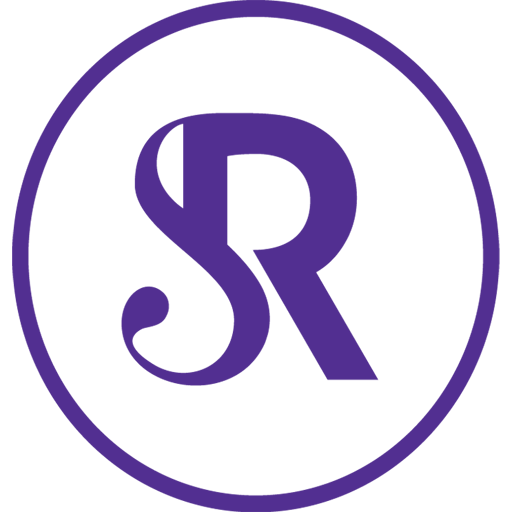
A few months ago, I was diagnosed with vocal nodes. Nodes are callouses that grow on your vocal cords from imperfect use, just like you get callouses on your feet from walking funny. Nodes cause the speaking voice to become raspy and rather sexy, and you can often hear this “vocal fry” in fitness instructors who routinely shout above loud music.
I sing opera (and I’d really like to continue to sing opera without sounding like Tom Waits), so I’m serious about getting to the root of the problem.
I believe that many chronic injuries, ailments, and “old-age” concerns are simply the result of having a lot of time on the planet. Over five years, a bad habit may not a problem. Over forty years, there start to be consequences.
Symptoms like bum knees, unhappy guts, and vocal nodes have underlying causes. And if we can figure out what those underlying causes are, then we may have a shot at fixing what ails us. Not with a pill (although those may provide temporary help), but by painstakingly going back to the beginning, getting curious about what’s happening, and changing our habits. In other words, doing those daily exercises that your physio gave you may really work if you actually did them everyday for, oh, six months.
To address my vocal nodes, I have gone back to the very basics of my voice training. How am I standing? Where’s my weight? How am I breathing? Why is my neck so tight? How can I let go of habitual tension in my body in order to free my voice? Changing habitual tension is very hard for most of us, because habitual tension feels like our personality. What, you’re going to change who I am? Screw you, says the nervous system. But yes. And daring to slow down and change how you move, speak, and react after thirty plus years of life on planet earth may be one of the bravest things you can attempt.
In our yoga practice, we see a similar process. Enthusiastic beginning, powerful development, then at some point, something hurts. (For me, it was my hamstrings. Then my knee.) Rather than toss yoga out the window (this practice sucks!), we can assume a similarly curious and patient approach to our healing. Maybe we stop trying to do wheel dropbacks for awhile and instead work on a lunge. Instead of handstand, we become curious about our cat/cow. Our stumbling blocks become opportunities to reconnect to a beginner’s mind.
Even if there are no problems with your practice, it is a good idea to revisit the basics. Be curious about the habits that you are setting up in the most fundamental of poses. Where is your weight? How is your breath? The smallest conscious shift could spiral your practice in a whole new direction.
These days, it’s very boring to listen to me “sing.” The noises I make – light humming, maybe some vvvvvvv’s or fffffff’s – sound nothing like Mozart’s Marten Aller Arten (below). And yet there is something nourishing about taking time to reconnect with the basics of the practice. By moving slowly, I am prioritizing self-care over the glory (and ego) of performance. And in the process, I am learning to witness and unweave (slowly, slowly) decades of habits.
For those of you who like opera, here’s a sample of my work.






